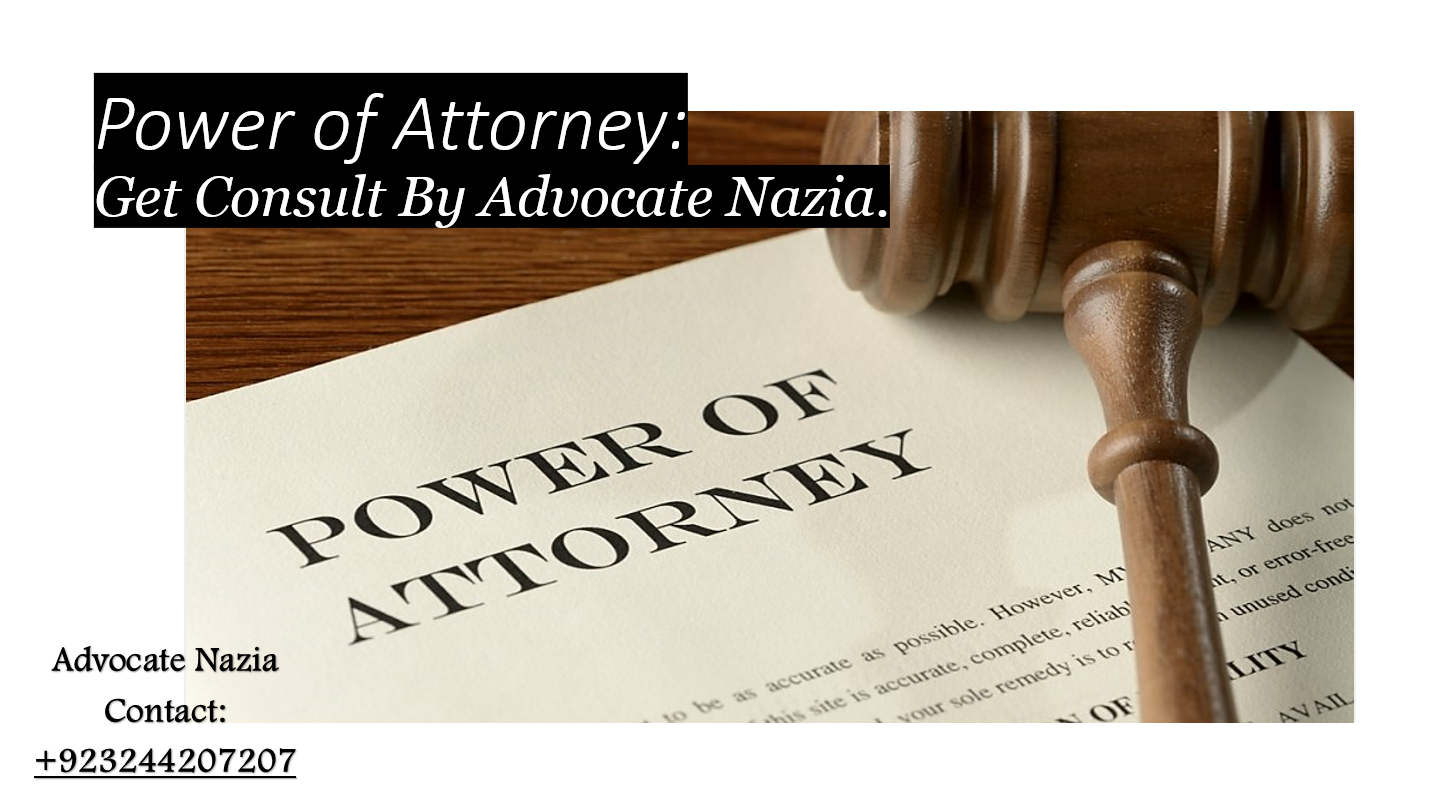Step to Know The Law of Power of Attorney act 1882 of Pakistan

SUMMARY
Law of Power of Attorney act 1882 of Pakistan:
Advocate Nazia at Lahore is an expert on the power of attorney act 1882 of Pakistan and rules. Inherited power of the plaintiff transferred by the brother of the plaintiff through power of attorney in the name of his sons and wife, who further alienated the land to vendees. When in the witness box, not confronted with the disputed power of attorney according to the power of attorney act 1882 of Pakistan. The witnesses produced proof of execution of power of attorney discrepant. Power of attorney not proved. It was finding of Trial Court that execution power of attorney proved not sustainable. That power-of-attorney based on which the petition was filed did not authorize the attorney to file according to Pakistan’s power of attorney act 1882.
Appellant Executed:
The appellant executed POA in favor of his son, which appeared to cater to the pending and future litigation and was not restricted to pending litigation only. The language of power of attorney in question was so vast, exhaustive, and self-speaking that is compromised in its ambit all sorts of acts that purported to defend the appellant’s right. The remedy of filing the writ petition was one of the remedies sought from the High Court alone under the Constitution. The power of resorting to the High Court for remedy was explicitly incorporated in power of attorney according to Pakistan’s power of attorney act 1882. It hardly mattered whether the words ‘writ petition’ was used for seeking redressal from High Court. Whatever appropriate remedy in any form could be sought from the Courts, including High Court, was authorized by a power of attorney in question.
Future Litigation:
The contention was that it did not pertain to future litigation, was not borne out from the language of said power of attorney. The law had to be strictly construed, and an attorney could be allowed to seek only that remedy and undergo that process specifically authorized to him by the principal. The distinction had to be drawn in the acts in the interest of the principal and those against his interest. If the principal’s interest was strengthened, enlarged, defended, and protected, which was the purpose for the appointment of the attorney, action would be deemed to be valid, whether that power was explicitly mentioned or not. Still, if acts of attorney were to the detriment of the disadvantage of the principal, those had to be strictly construed and, in some cases, not allowed at all.
Attestation:
Registered power of attorney according to the power of attorney act 1882 of Pakistan executed to deal with financial and future obligations of the principal, attestation of the instrument by two witnesses under Art. 17(2)(a), Qanun-e-Shahadat, is mandatory. Non-bearing the stamp, merely because a power of attorney does not bear the seal, the same is not invalid, and the defect is curable under S. 35 of Stamp Act, 1899.












